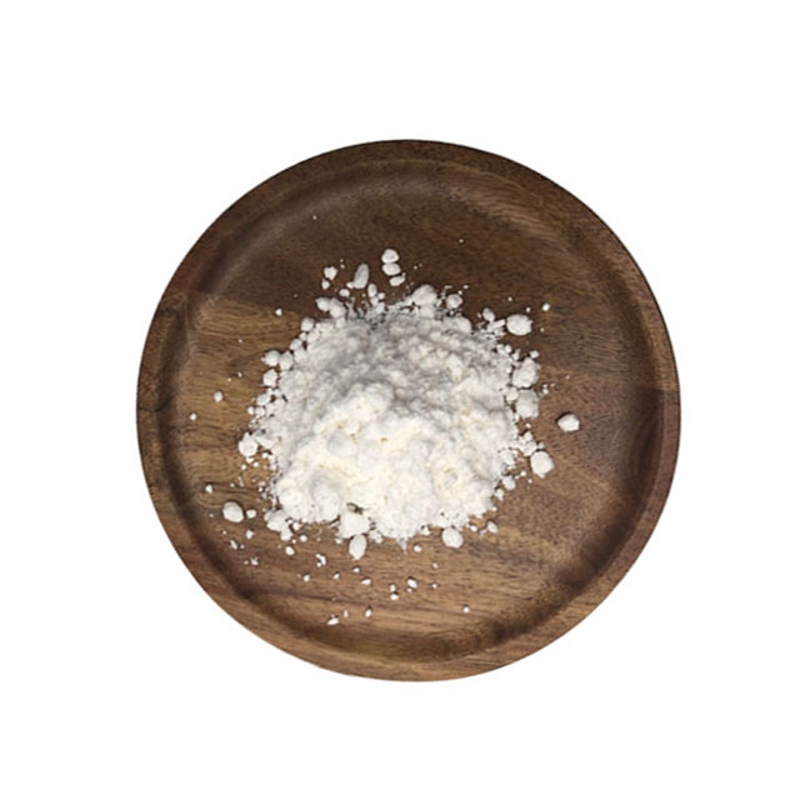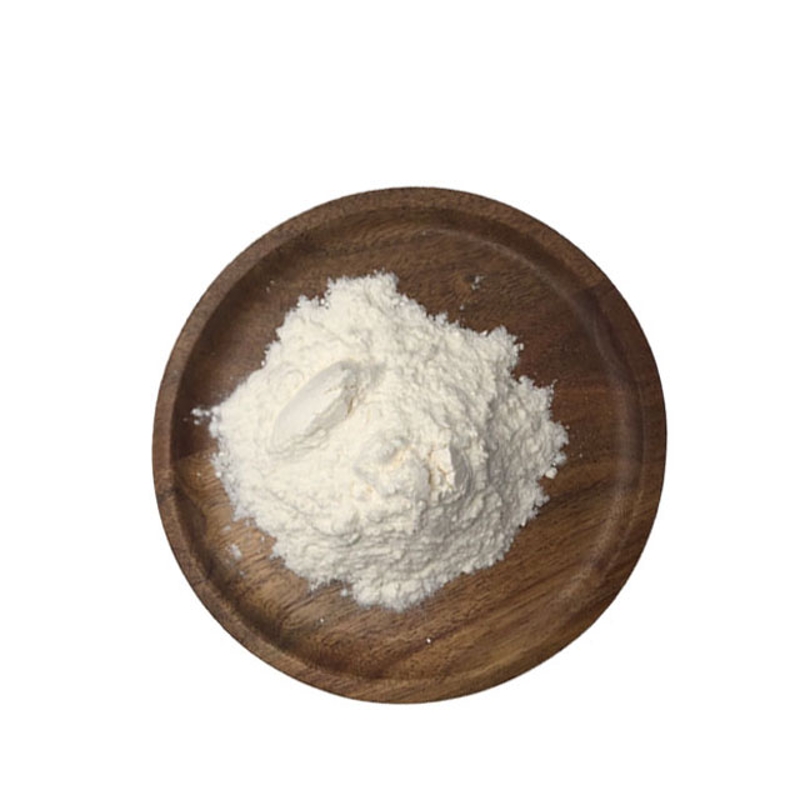-
Categories
-
Pharmaceutical Intermediates
-
Active Pharmaceutical Ingredients
-
Food Additives
- Industrial Coatings
- Agrochemicals
- Dyes and Pigments
- Surfactant
- Flavors and Fragrances
- Chemical Reagents
- Catalyst and Auxiliary
- Natural Products
- Inorganic Chemistry
-
Organic Chemistry
-
Biochemical Engineering
- Analytical Chemistry
- Cosmetic Ingredient
-
Pharmaceutical Intermediates
Promotion
ECHEMI Mall
Wholesale
Weekly Price
Exhibition
News
-
Trade Service
Dacomitinib is a second representative skin growth factor receptor (EGFR) tyrosine kinase inhibitor (TKI)
.
In the ARCHER 1050 study, it is proved that its efficacy is better than the first-generation EGFR TKI
Dacomitinib is a second representative skin growth factor receptor (EGFR) tyrosine kinase inhibitor (TKI)
The study included 32 patients with advanced non-small cell lung cancer (NSCLC) with EGFR mutations and brain metastases, all receiving dacomitinib treatment
.
Patients who had previously received EGFR TKIs were excluded from the trial
The study included 32 patients with advanced non-small cell lung cancer (NSCLC) with EGFR mutations and brain metastases, all receiving dacomitinib treatment
The median age of the patients was 57.
In EGFR + NSCLC, brain metastases are more common (19/32, 59.
Of the 32 patients, 8 patients can be evaluated for intracranial efficacy
CNS activity
CNS activityThe median reduction of target lesions from baseline was 57.
6% (range 22.
9-100%)
.
The median iTTR was 1.
The median reduction of target lesions from baseline was 57.
Target lesion changes
Target lesion changesIn 30 patients with measurable or unmeasurable brain metastases, iDCR was 100% (95% CI 88.
4% 100%), of which 14 patients had CR (46.
7%), 6 patients had PR (20%) and 10 patients Patients with SD (33.
3%)
.
The ORR was 66.
In 30 patients with measurable or unmeasurable brain metastases, iDCR was 100% (95% CI 88.
Intracranial DOR and PFS
Intracranial DOR and PFS Intracranial DOR and PFSOf the 32 patients, 27 patients can be assessed for systemic response
.
21 patients reported PR and ORR was 77.
8% (95% CI 57.
7 91.
4%)
.
The DCR was 96.
3% (95% CI 81.
0 99.
9%)
.
Of the 32 patients, 27 patients can be assessed for systemic response
.
21 patients reported PR and ORR was 77.
8% (95% CI 57.
7 91.
4%)
.
The DCR was 96.
3% (95% CI 81.
0 99.
9%)
.
Of the 32 patients, 27 patients can be assessed for systemic response
.
21 patients reported PR and ORR was 77.
8% (95% CI 57.
7 91.
4%)
.
The DCR was 96.
3% (95% CI 81.
0 99.
9%)
.
Systemic efficacy evaluation
Systemic efficacy evaluationAll patients experienced at least one common adverse reaction (AE), including skin rash, stomatitis, diarrhea, dry skin, and fetotonitis
.
Most AEs are grade 1-2, and deaths related to severe AEs have not been reported
.
.
Most AEs are grade 1-2, and deaths related to severe AEs have not been reported
.
AEs
In summary, studies have shown that dacomitinib has shown CNS efficacy in EGFR-TKI-untreated NSCLC patients with EGFR mutations
.
Its safety is tolerable and controllable
.
.
Its safety is tolerable and controllable
.
Studies have shown that dacomitinib has shown CNS efficacy in EGFR-TKI-untreated NSCLC patients with EGFR mutations
.
Its safety is tolerable and controllable
.
Studies have shown that dacomitinib has shown CNS efficacy in EGFR-TKI-untreated NSCLC patients with EGFR mutations
.
Its safety is tolerable and controllable
.
Original source:
Original source:Zhang J, Wang Y, Liu Z, Wang L, Yao Y, Liu Y, Hao XZ, Wang J, Xing P, Li J.
Efficacy of dacomitinib in patients with EGFR-mutated NSCLC and brain metastases.
Thorac Cancer.
2021 Nov 9 .
doi: 10.
1111/1759-7714.
14222.
Epub ahead of print.
PMID: 34751504.
Efficacy of dacomitinib in patients with EGFR-mutated NSCLC and brain metastases.
Thorac Cancer.
2021 Nov 9 .
doi: 10.
1111/1759-7714.
14222.
Epub ahead of print.
PMID: 34751504.
Leave a message here







